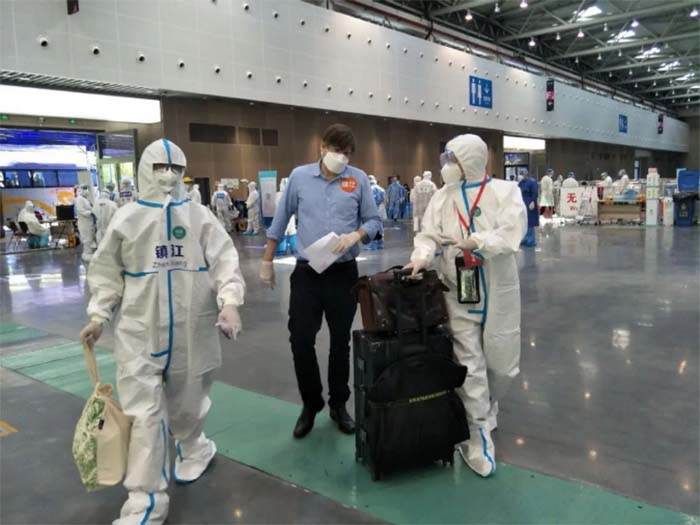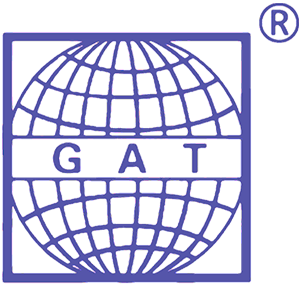China will cancel the requirement for nucleic acid testing information declaration for entry and exit personnel
China's Customs authority said on Thursday that cross-border travelers will soon no longer need to report their COVID-19 nucleic acid test results, previous infection history and vaccination dates when going through Customs.

An inbound passenger is escorted to a medical observation area in Zhenjiang, Jiangsu province, on Jan 4, 2022. Photo/IC
The General Administration of Customs said that the new rule, which is set to take effect on Aug 31, is aimed at bringing convenience to international visitors and increasing the efficiency of health declaration work at customs.
Meanwhile, it stressed that the change does not mean the relaxation of virus control requirements, as China is still adhering to its dynamic zero-COVID strategy that emphasizes the rapid control of new domestic infection clusters and Customs officials will continue to guard against imported cases, it said.
The administration said inbound travelers will still need to provide negative test results before boarding, in line with the requirements of local foreign affairs authorities. They will receive a health inspection when clearing Customs and undergo centralized isolation and health monitoring upon their arrival. The administration began requiring all cross-border travelers to complete a health declaration card before passing customs in late January 2020, in the early stage of the pandemic.
The latest version of the card, which will be available on mobile phone applications as well as on paper, has also become easier to understand and complete, the administration said.
Because incoming travelers will have to take a number of nucleicacid tests at airports and in centralized isolation, the new version also adds a function to ask for consent to take samples, which is aimed at streamlining on-site quarantine procedures, said the administration.
While striving to prevent the domestic spread of the novel coronavirus, China has also been upgrading its disease control protocols for overseas travelers in recent months in an effort to adjust to the latest pandemic situation and boost global economic recovery.
China announced in late June it would reduce the centralized quarantine time for international passengers from 14 to seven days.
On Aug 7, the Civil Aviation Administration of China, adjusted its circuit-breaker mechanism, shortening the length of suspensions for some inbound flights carrying infected passengers.
